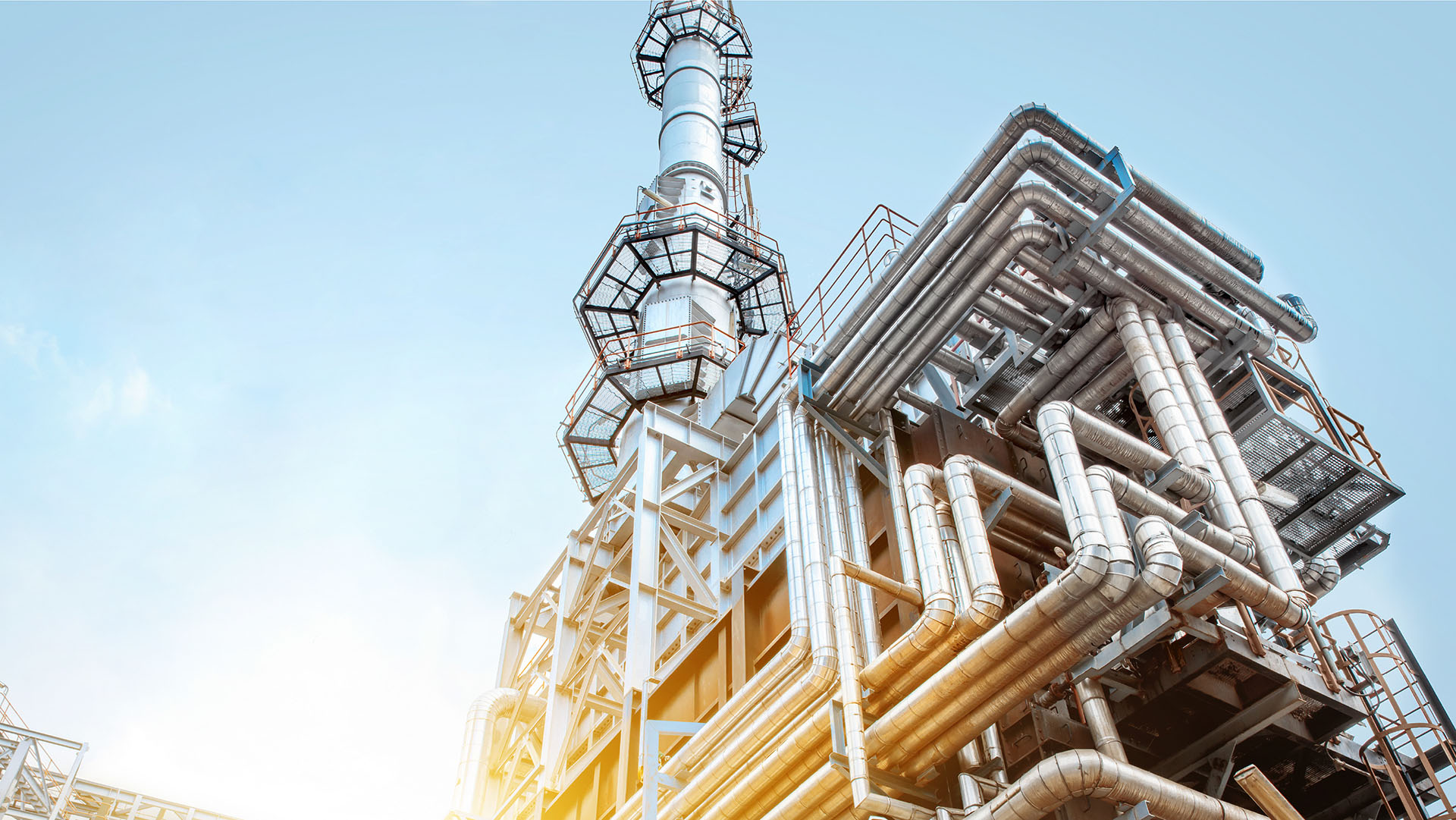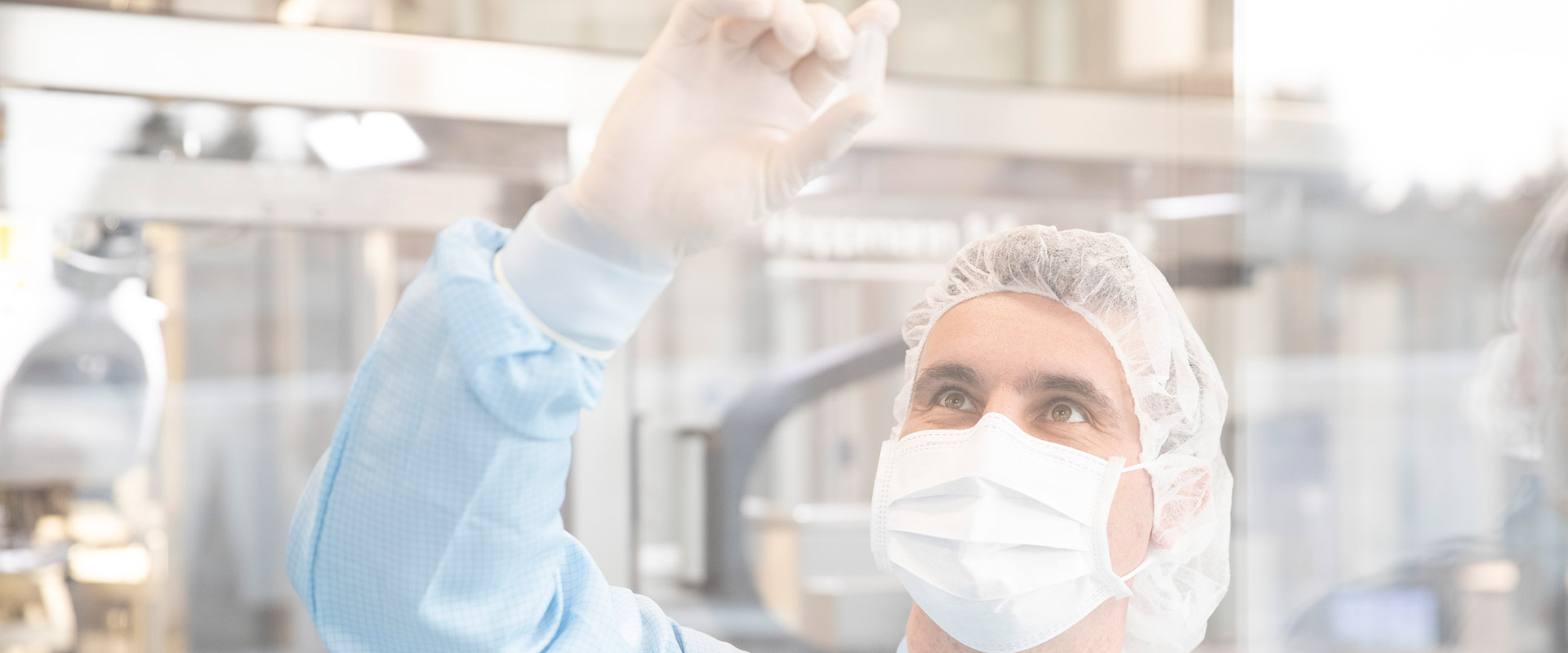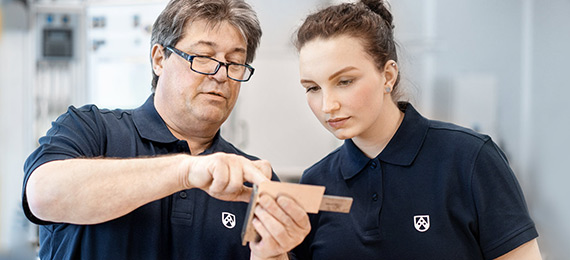Expanded storage programme: Piranha acid, Caro's acid, etc. – PVDF materials from Röchling are highly resistant to aggressive acids
Many industrial processes involve the use of chemicals. Tanks and process plants must be designed to ensure the structural materials can withstand contact with the relevant chemical media and the process conditions. PVDF materials from Röchling withstand these stresses in many sectors.
In the semiconductor and solar industry, chemical cleaning and etching processes connected with wafer production require the use of highly aggressive acids. Organic impurities are usually removed in dip tanks with the help of strongly oxidising acids such as peroxymonosulphuric acid, also known as ‘piranha acid’.The name speaks for itself: 'piranha acid' eats right through organic material. Careful testing of the structural material is crucial when designing process tanks for that type of critical media.
Designers of chemical plants rely on PVDF materials from Röchling, namely Polystone® PVDF and SUSTAPVDF, when working with highly aggressive acids, high operating temperatures and high mechanical loads. Thanks to their exceptional resistance to chemical media, they contribute to performance, reliability and a high level of operational safety.
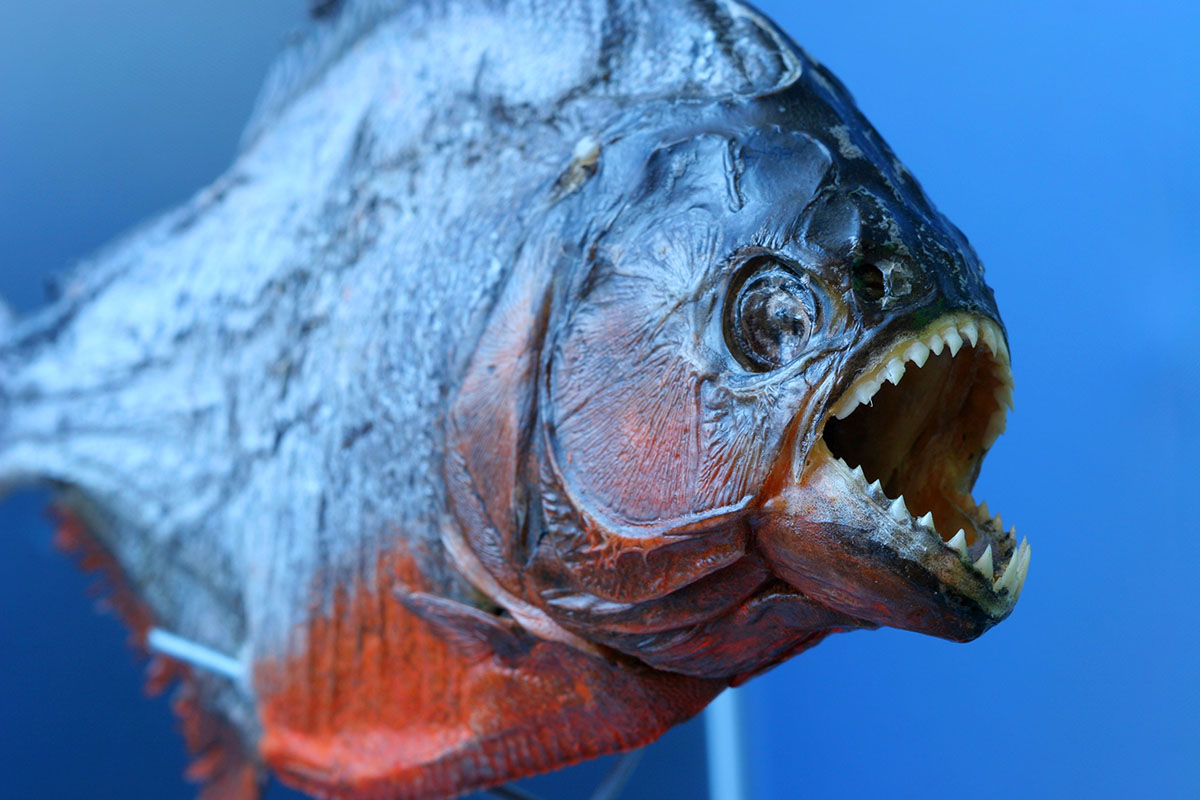
Dual laminate construction with Polystone® PVDF SK/GK

In chemical plant engineering, large tanks and pressure vessels are often made from fibreglass-reinforced plastics combined with a thermoplastic liner as a chemical-resistant protective layer, due to the composite’s higher mechanical strength. PVDF is backed with a fabric for precisely this reason. Röchling offers Polystone® PVDF with a choice of either a polyester backing (SK) or, for heavily permeating media and/or high temperatures, a fibreglass backing (GK). As an interior liner, it therefore forms a very strong bond with GFK and steel tanks.
Procedures for testing the strength of the bond between the thermoplastic liner and the GFK laminate are described in DIN EN 13121-3.
PVDF – An overview of its properties
- High mechanical strength, rigidity and toughness
- Outstanding resistance to acids
- High temperature resistance
- Very good resistance to ageing
- High purity
- Good abrasion resistance
- Very good UV resistance
- Very good welding properties
Polystone® PVDF and SUSTAPVDF are now available from stock in many designs and sizes.
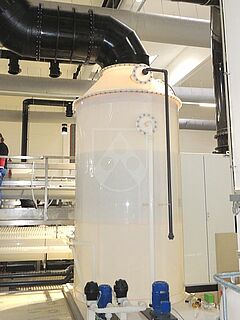
Storage programme
Polystone® PVDF natural | ||
| Sheets | 2000 x 1000 mm | s 1 mm to 6 mm, 8, 10, 12, 15, 20 mm |
| 3000 x 1500 mm | s 3 mm to 6 mm, 8, 10, 15 mm | |
SUSTAPVDF® natural | ||
| Sheets | 3000 x 620 mm | s 6mm to 60 mm |
| Round rods | 3000 mm | d 8 mm to 200 mm |
| 2000 mm | d 250, 300, 350*, 400* mm | |
Polystone® PVDF SK natural | ||
| Sheets | 3000 x 1500 mm | s 3, 4, 5, 6 mm |
| Coils | 20,000 x 1500 mm | s 3 mm |
Polystone® PVDF GK natural | ||
| Sheets | 3000 x 1500 mm | s 3, 4 mm |
Other sizes available on request
*Available on short call without minimum quantity
Contact
We would be happy to inform you about our PVDF products in greater detail.
More information on Polystone® PVDF or SUSTAPVDF



